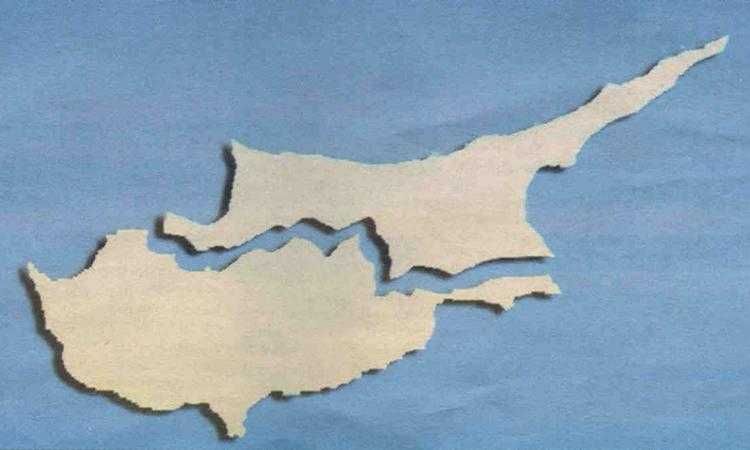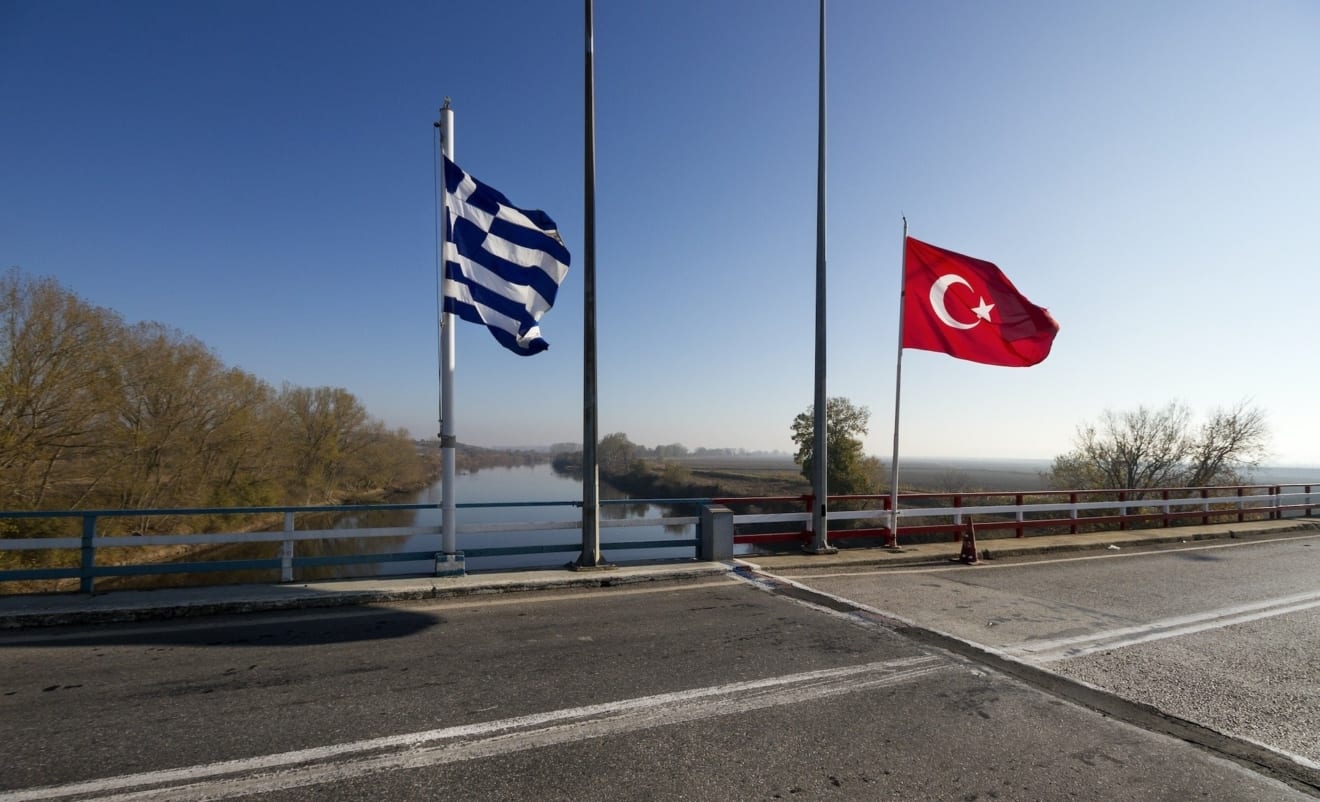By Robert Ellis, Ahval
Two years after the 1962 Cuban missile crisis, the United States faced another threat to world peace: Turkey threatened Cyprus with invasion. But in a letter to Turkish Prime Minister Ismet Inönü, U.S. President Lyndon B. Johnson made it clear that, in event of Soviet intervention, Turkey could not rely on NATO’s support. In his letter, Johnson described the Cyprus issue as “one of the most complex problems on earth”. And even today, the island’s unification, together with Ireland and the Palestinian question, remains intractable.
I have visited Cyprus three times, held a number of discussions and written many articles on the issue, And I too have come to share the view of U.N. Secretary-General Kurt Waldheim, who called it “the most thankless and frustrating task” he had encountered.
Intercommunal talks began in 1968 but were suspended by Turkey’s intervention in July 1974, after Greek Cypriot extremists, with the support of the military junta in Athens, overthrew Cypriot president Archbishop Makarios with the intention of declaring enosis (union with Greece).
From 1975 onwards, reunification talks began under the aegis of the United Nations, but the last attempt to secure a bizonal, bicommunal federation collapsed in Crans-Montana, Switzerland in 2017.
As the nursery rhyme goes, “Humpty Dumpty sat on a wall, Humpty Dumpty had a great fall. All the king’s horses and all the king’s men couldn’t put Humpty together again.”
In his report to the Security Council, U,N. Secretary General António Guterres said a historic opportunity had been missed in Crans-Montana and declared himself open to new ideas.
But reunification fatigue has set in, particularly after Turkish President Recep Tayyip Erdoğan’s protegé, Ersin Tatar, was elected president of the self-styled Turkish Republic of Northern Cyprus (TRNC) in October.
As James Ker-Lindsay, visiting professor at the London School of Economics, told
Ahval prior to the election:
“There is clearly a sense of frustration and fatigue at the international level about Cyprus. No one will want to invest considerable time, effort and even money into pursuing something that clearly has no hope of a successful conclusion. If the Turkish Cypriots elect someone who clearly has little interest in a settlement on realistic terms, then it will obviously affect perceptions.”
In December, as the only non-Cypriot, I was invited to contribute to a special edition of In Depth, the electronic newsletter of the Cyprus Center for European and International Affairs, with the theme: “Cyprus Foreign Policy – The Way Forward”.
My conclusion was unequivocal: “In the circumstances, both Greek and Turkish Cypriots had better beware of the outcome, as it might not only be the Venetian governor [Marcantonio Bragadin in 1571] that gets stuffed.”
Turkey’s proposal for a two-state solution is deep-rooted in the 1950s foundations of the present conflict. My assessment in the Guardian newspaper, “The scandalous history of Cyprus”, received plaudits but was countered by a 125-page monograph by Professor Michael Moran, “Cyprus: A European Anomaly”.
And it was Moran, who, in another study, included the British High Commissioner’s valedictory despatch from 1969, where he remarked: “Cyprus may not in fact be the navel of the universe, but it is interesting to be posted in a country where most of the inhabitants think that it is.”
Be that as it may, Cyprus has been a political graveyard for countless U.N. secretaries-general and envoys. Even Richard Holbrooke, who brokered the Dayton Accords, found Cyprus too hard a nut to crack. In a later report to the Security Council. Guterres complained of “a horizon of endless process without result” in “this issue which has vexed the best efforts of the international community for over five decades”.
Turkey’s plan for a separate state in northern Cyprus has been on the cards for decades, which was reinforced by the declaration of the TRNC in 1983. In reality, the north is Turkey’s 82nd province, or as defined by the European Court of Human Rights, “a subordinate local administration”.
The Republic of Cyprus became a member of the European Union in 2004, but the occupied north was defined as “those areas in which the Government of the Republic of Cyprus does not exercise effective control”. In turn, Turkey has refused to recognise the Republic of Cyprus, which it terms as “the Greek Cypriot Administration of Southern Cyprus”.
However, former Turkish Prime Minister Ahmet Davutoğlu, the architect of Turkey’s “neo-Ottoman” foreign policy, made Turkey’s intentions clear in his key work, “Strategic Depth”, from 2001: “Even if there was not one single Muslim Turk over there, Turkey would have to maintain a Cyprus question. No country could possibly be indifferent to an island like this, placed in the heart of its vital space.”
From April 27 to 29, the five parties involved (the two communities and the three guarantors, the United Kingdom, Greece and Turkey) will meet in Geneva to decide whether there is enough common ground for further talks. But Turkey and Turkish Cyprus are adamant on a two-state and not a federal solution. The previous sticking point, a demand for political equality between the two communities, has now been upgraded to a demand for sovereign equality.
The Swiss model of confederation, which would give Cyprus a single international personality but preserve self-determination for the federal states, could provide the starting point for a viable solution.
As former U.N. Secretary-General Ban Ki-Moon noted in 2010: “The overall peace dividend would be huge”, and remove another major stumbling block in EU-Turkey relations.





